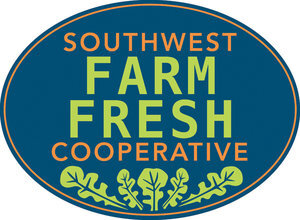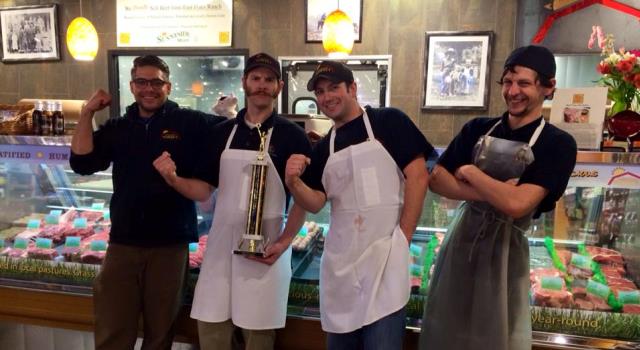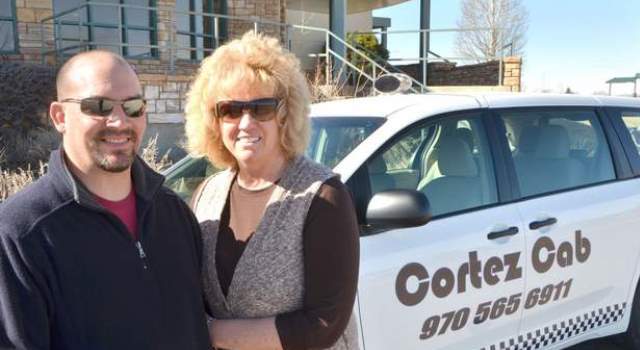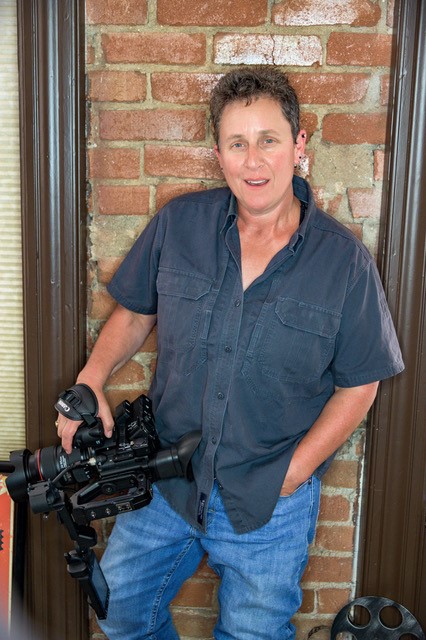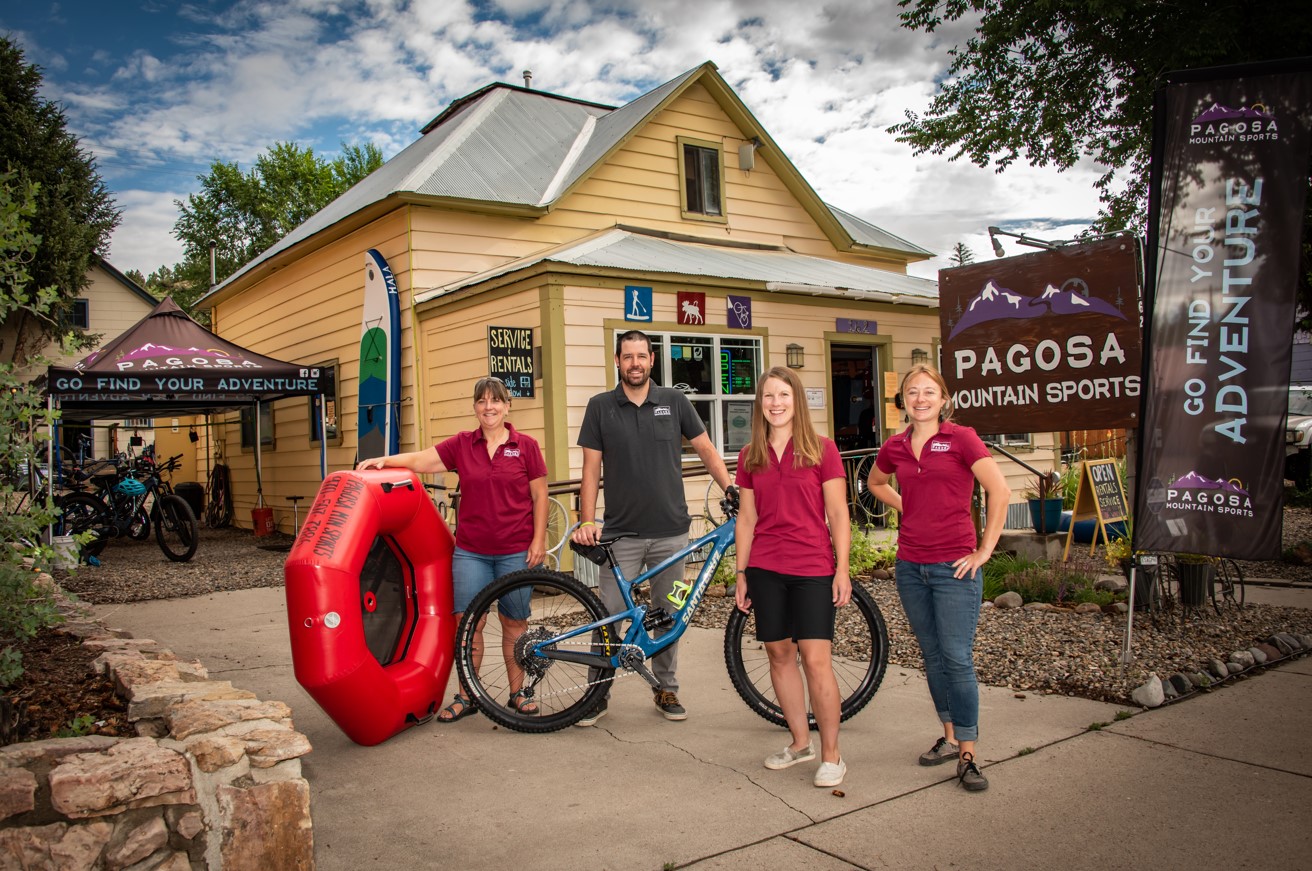What do you do when you are ready to grow or change your business model but aren’t exactly sure how?
This is the question that Laurie Hall found herself asking in 2019.
As one of the founding members of Southwest Farm Fresh (SWFF), she had seen the cooperative grow and change over the years. However, five years after its founding, the business was about to make a dramatic shift by going online.
In 2014, Southwest Farm Fresh started as a marketing distribution cooperative owned by local farmers that focused exclusively on wholesale by aggregating food from member farms and selling to restaurants and a few grocery stores in the Four Corners. This model worked, but the co-op consistently struggled to match supply with demand, since many of the farms were small and had limited capacity.
“After a few years, we started offering a CSA (community supported agriculture program), which evened out the supply and demand issue by offering large quantities to wholesale customers and smaller quantities to local retail customers,” Laurie says. “While this did help, we still found ourselves struggling to provide the minimum quantities that kept our customers happy.”
Then, in winter of 2019, the board and operations manager took a deep dive into the recurring issue of supply and demand and started looking for ways to achieve a profitable, viable business, given the constraints.
They began looking at creating an online market, but they quickly realized that they needed advice. Laurie says, “We contacted the SBDC and started working with their Holistic Ag Consultant, Cindy Dvergsten. Cindy is amazing; she has such a knowledge of agriculture in our region. She has deep expertise and is a great source of information about business planning.”
When Laurie told her that they were striving to achieve more balance in their business through an online market, Cindy helped them look at regional areas of Southwest Colorado and determine which population centers could support online purchasing on an individual basis. Together, they ran numbers and discussed which product offerings were most in demand, their operating costs, and what they could cut to make their methods more efficient.
“She really helped us think through what our options were. At the time, a lot of us were too close to it to be completely objective. Cindy really helped us tremendously by opening our eyes to possibilities we hadn’t considered, which allowed us to fine tune our direction going forward.”
After much research, Southwest Farm Fresh decided to make the dive into the online market, which seemed like the best of both worlds. With an online store, farmers could individually upload what they had available from week to week, greatly reducing the supply and demand issue by offering what they had rather than trying to make early season promises about what they were likely to have (which, due to natural causes like fire and drought, often changed as the season progressed).
After making the decision to go online, they dropped the CSA and intensive attention to wholesale markets and put their energy into an online market. Within a few weeks, COVID began to sweep across the United States, bringing with it a myriad of lockdowns, regulations, and closures.
“In retrospect, it was the best decision we ever could have made, even though none of us knew what was coming; it was luck of the draw,” Laurie says. “Cindy helped us understand the region’s strengths, which ultimately turned out to be the saving grace of Southwest Farm Fresh. Last year, we did more sales than any year since we started; we felt pretty darn good for making the decision to take our business online.”
Southwest Farm Fresh has just started their second season of the online store, and so far, it’s going well. They are curious to see how getting back to “normal” will affect their online business. They realize that they may not see the same numbers as 2019, but they are confident and optimistic.
At the end of last year, Laurie and her team started looking for ways to grow the business further. Instead of focusing exclusively on companies who produce agricultural products in the raw, they are also looking at other industries, such as cottage and canned goods. They are anxious to broaden the scope of what they consider an appropriate business member of the cooperative—not only to increase the bottom line but also to have more products available to sell, allowing their customers to complete all of their shopping in one location.
If you’re running a business and looking for ways to grow, Laurie has this encouragement, “Do as much as you can to look at all the options; don’t just rely on your own history or what you think might or might not work. The consultations with Cindy helped us create a viable business strategy that was very different from what we had done in the past. A professional consultation with someone who really knows the area and understands the business can make a world of difference!”

